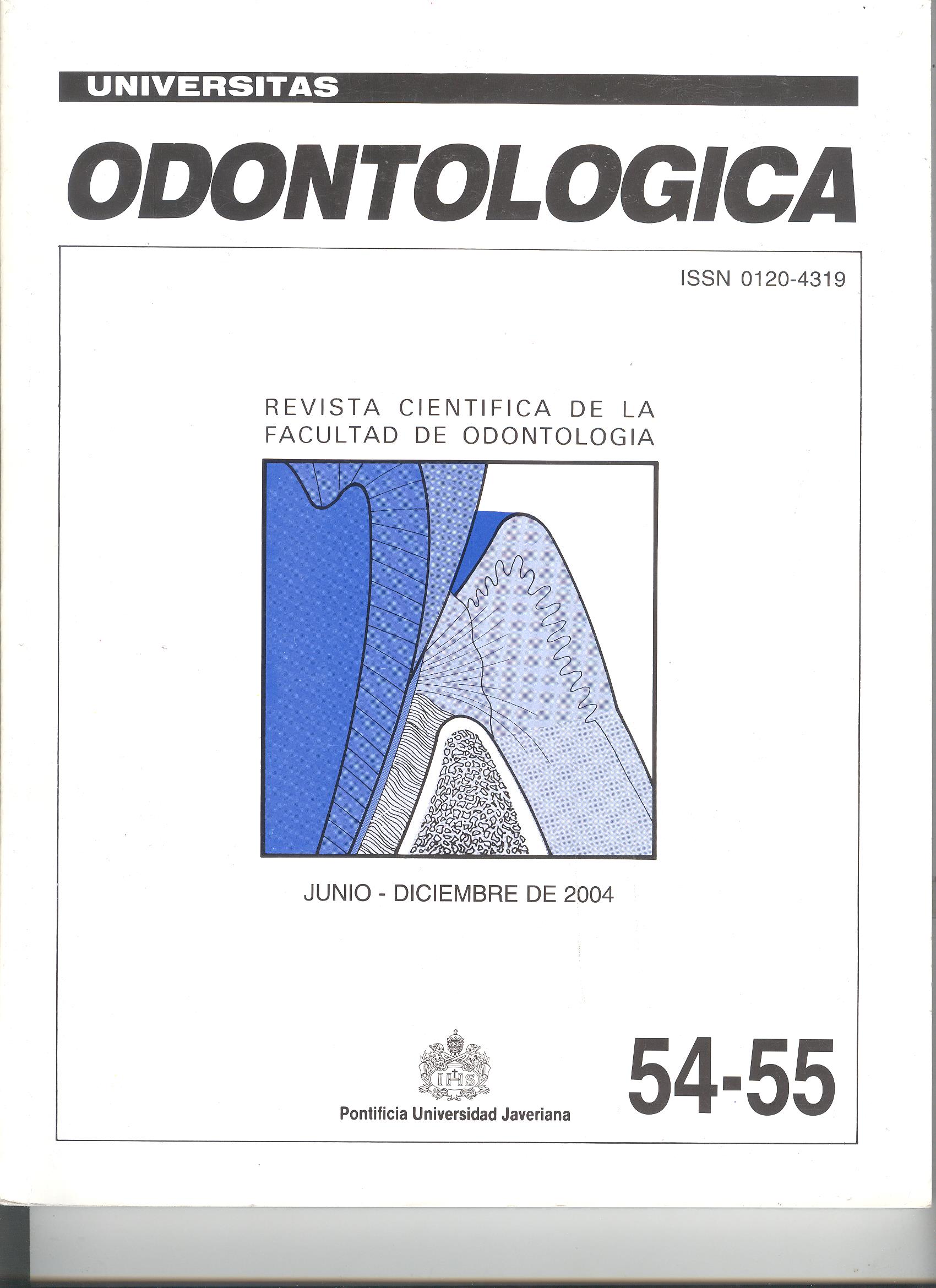Adventures for development of intelligence. The magic of adventure
##plugins.themes.bootstrap3.article.details##
The answers to many of the actual problems are possible to be not traditional and obvious. Traditional education and formal and ‘plain’ curricula have set aside imagination, fantasy and adventure. In this paper, some ideas are stated to incorporate them to education. Two main concepts are developed: dynamic spaces of formation (DSF) and adventure. Adventure is possible thanks to DSFs. In this context, teachers should be excellent designers and mediators. A DSF must be intentional (with a plan of formation and a route), extensive (with implicit and explicit elements), dynamic, flexible, and have an ascending complexity (from known to the unknown thinking levels). An adventure has a context (real or virtual) and a specific situation, stimulates and generates experience, involves people to the full (with surprises and destabilizing moments), has as final purpose, the construction and domain of cognitive skills, principles and activities, and involves people in team work.
aventura, espacios dinámicos de formación, currículos formativos, desarrollo de la inteligencia, educaciónadventure, dynamic spaces of formation, formative curricula, development of intelligence, education

This work is licensed under a Creative Commons Attribution 4.0 International License.


